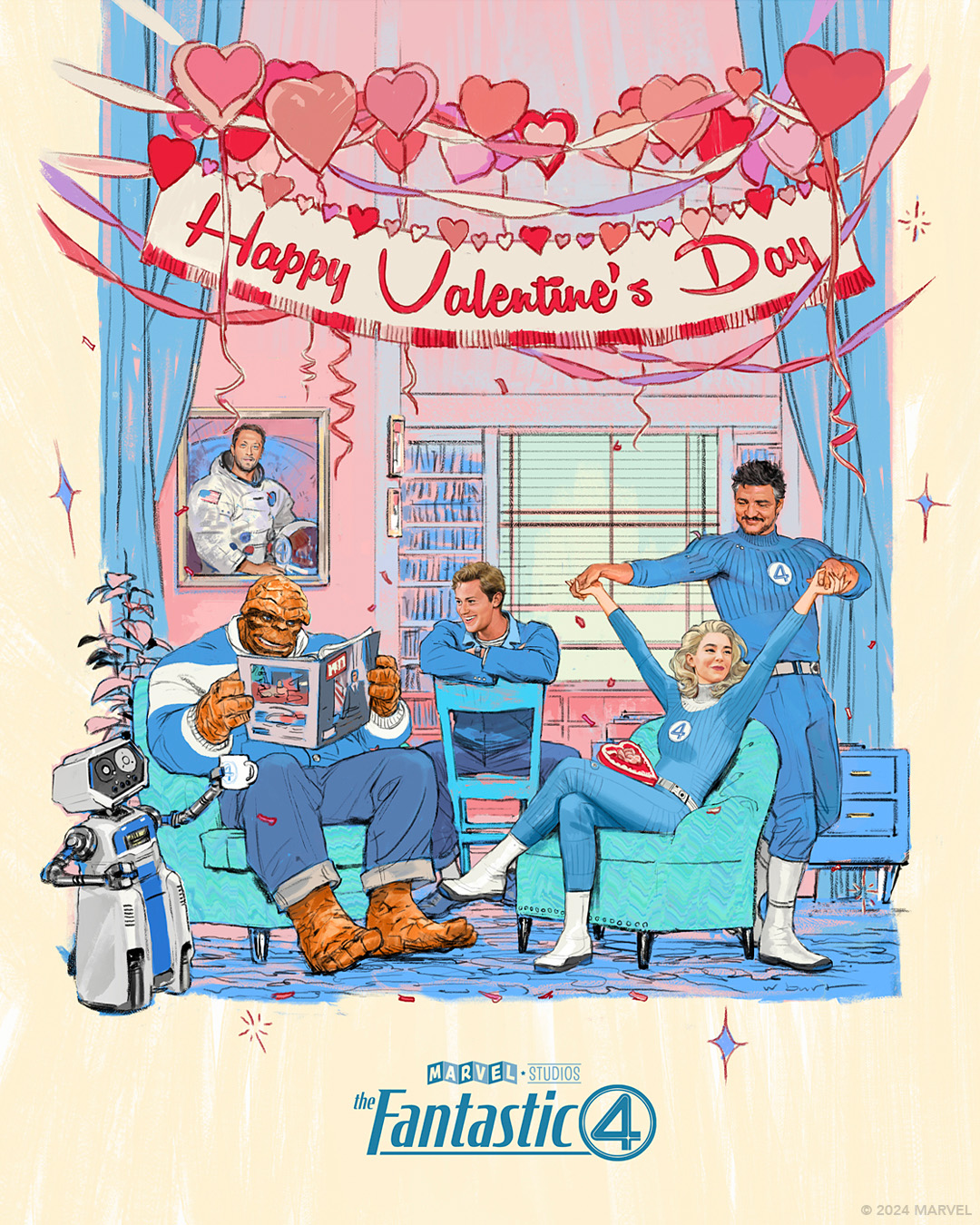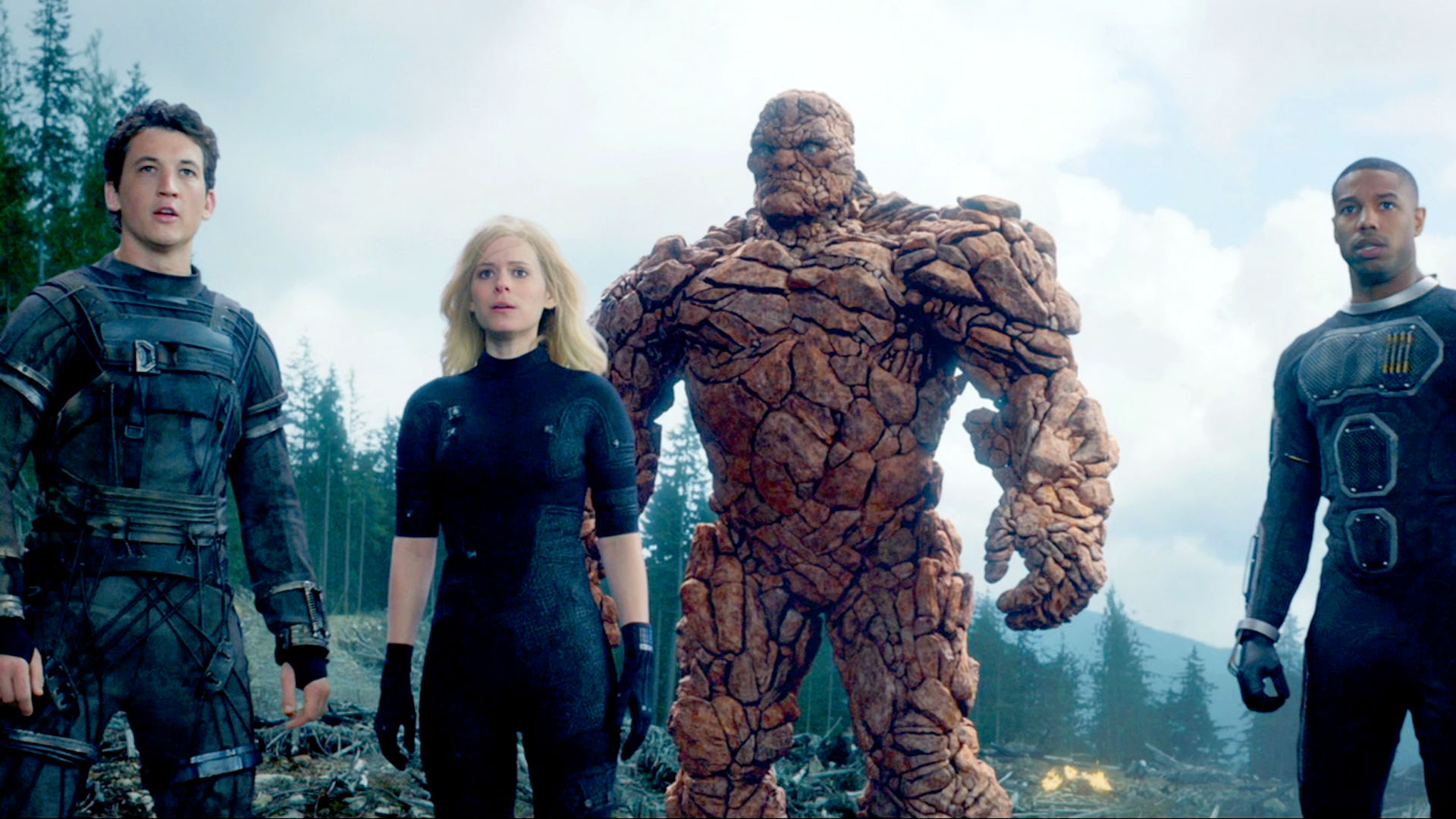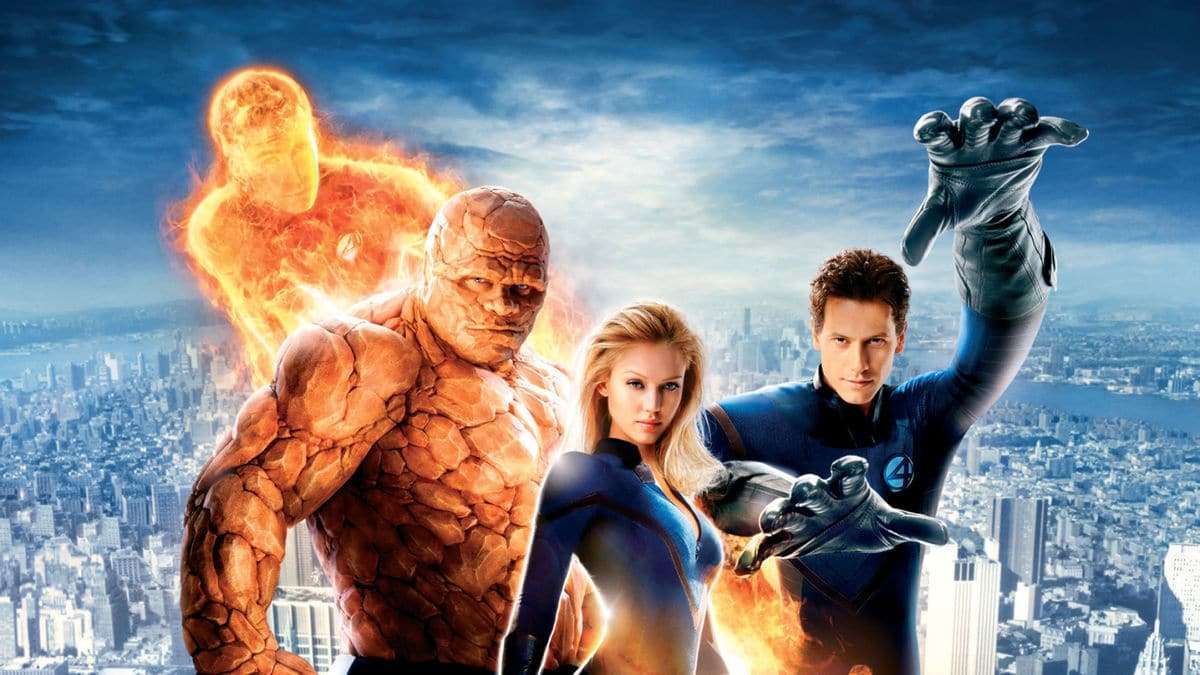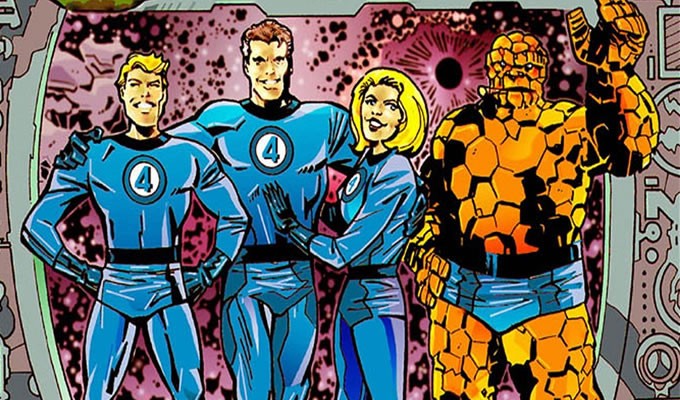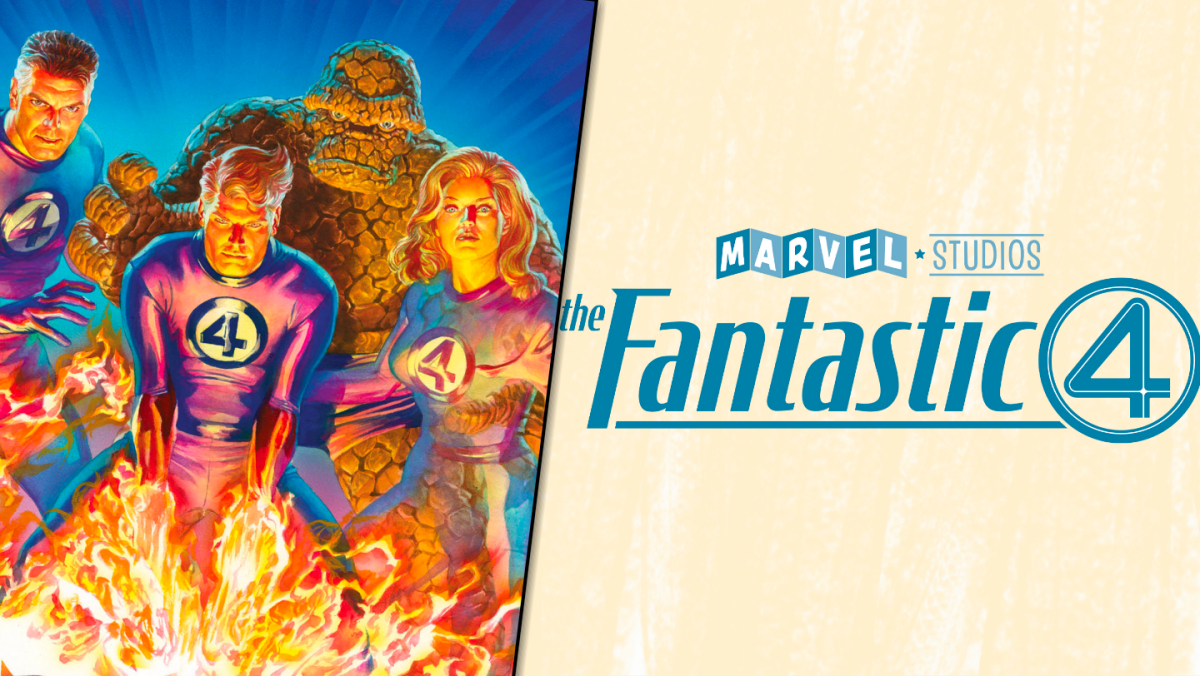The Fantastic Four is a superhero team that has gone through various iterations over the years, but has never clicked for a second with modern audiences. It's been on the pedestal for many comic book enthusiasts since its dawn back in the 60s, but every time a movie or show has been created around them, they haven't been as well-received as its Spider-Man or Batman counterparts. Part of the reason for this, which is also partially why it's so well-regarded as a comic book franchise, is because, much like what John Carter was for Star Wars (and we know how John Carter turned out at the movies), the Fantastic Four influenced comic books and superheroes to a point where those that were influenced evolved and became modernized to a point that the Fantastic Four themselves couldn't catch up with. Some have tried, such as Tim Story's crap from 2005 or Josh Trank's disaster from 2015, but as hard as they may or may not try, the franchise in general has never truly gained traction with audiences over the years. That's why, the more I sat on it since the recent Valentines Day card that popped up on Twitter/X, Marvel Studios' take on the first superhero family makes perfect sense as a period piece set in the 60s.
The most common aspect that throws audiences off about the Fantastic Four has been right there in the title: What's supposed to be fantastic about them? Heroes like Spider-Man or Green Lantern have a slew of inspiring capabilities that constantly evolve, thus not only making them more interesting heroes to follow, but also allowing for an onslaught of variations for us to follow. Characters like Batman or Iron Man have strong, compelling emotions to get behind, making them riveting heroes to get behind as well. These are not one, not two, not three, but FOUR heroes that literally have the name "fantastic" behind their team name, and they can't seem to nail down one definitive adaptation for audiences to get behind while some of these heroes have, like, three or four! (Only exception being Green Lantern, of course.) Why is that? Why are people getting more behind the many variations of Spider-Man or Batman, but can't seem to get drawn to the first superhero family? It doesn't seem like they're doing anything different than them.
Well, there's your problem: They're not doing anything different. Tim Story's adaptation from 2005 is trying to be the conventional, modern-day superhero movie that made Sam Raimi's Spider-Man a success. Josh Trank's adaptation was trying to be a gritty reboot like Nolan's Dark Knight trilogy. The cartoon show was just trying to be another superhero cartoon show in an onslaught of cartoon shows based on superheroes. None of that inherently is a bad thing, but part of the reason why the adaptations that these Fantastic Four films are trying to replicate work is because they understood why the material worked and weren't trying to be anything other than themselves. This is a privilege that the Fantastic Four has never been given. They're not allowed to be themselves because the creators don't have enough faith in the material itself to make something that isn't modernized, failing to understand that the modernization of those films is the one aspect about those films the Fantastic Four films are trying to replicate the success of that we have to roll our eyes and shrug at just to get to the compelling emotions that do make the films enjoyable. Yes, Sam Raimi's Spider-Man is a total package of everything early 2000s, but it still reigns to this day because of its heart, emotions, and characters, aspects that we loved about the comics and translate effectively to their early 2000s package. Fantastic Four does NOT translate the same way. It's a 60s product, it has always been a 60s product despite its comics reigning pretty well from what I've heard, and you can't just plug a giant rock and a man that can set himself ablaze into any old modern era (and then call them "fantastic") when Captain Marvel can blow up warships by herself, at least without that pre-established fanbase.
That's where the idea of a 60s period piece comes in. Despite the Fantastic Four not really standing out against characters like Thor or Captain Marvel with their tremendous capabilities, they would be considered pretty fantastic in the 60s. (Doctor Strange even joked about this meeting a Reed Richards variant in 2022's Multiverse of Madness.) Think about it: As far as we know until Marvel decides to change up the timeline again, the last known superhero in that era appeared in the 40s and then disappeared a few years later in the ice. Humanity remains at peace now that WWII has ended, and then at the dawn of the next massively known war (My apologies for any gaps, history was never my biggest forte), another team of heroes unlike anything we had seen in 20 years appears and gives humanity hope again! Of course people would go crazy over that! Today, we would roll our eyes at how lame and pathetic a stretchy man and a giant rock is compared to everyone else, but back then, at that point in time, all of these heroes would be considered fantastic! And that's been the missing piece with these adaptations all this time; the connective emotional tissue wasn't there. They're called the Fantastic Four, but we never truly understand why the characters in the movies consider them "fantastic" and thus it always feels like a pompous buzz word that also instantly feels manipulative and cheap. Nothing about this family would feel like anything short of fantastic in an era where Captain America has left and Vietnam was kicking into gear.
But, okay, we see why the best and practically only way to do a Fantastic Four adaptation is a 60s period piece, but why would it work NOW, especially as an expensive blockbuster? Why is Marvel Studios so convinced that it will appeal to modern audiences that they're willing to put a good chunk of their marbles into something retro like this rather than something similar to their more recent films? Well, simply put, their more recent films, most notably The Marvels and Quantumania, haven't been performing very well, most likely because of the "same-ness" effect that ended up plaguing a ton of blockbusters in 2023, and because of that, it seems like between upcoming projects, most notably Deadpool & Wolverine, Thunderbolts, and Blade, Marvel's trying to experiment more with their work. The Fantastic Four, alongside all of those, is their opportunity to experiment with what audiences are willing to pay to see while also sticking close to the material's true identity. How often does an opportunity like THAT get to pop up? Most of the time, you have to water down your original film with unoriginal schlock just to get an original film off the ground! (Looking at you, The Creator!)
I think that's the most fascinating thing about the vibes we're currently getting for this project. It's one of the few instances where a cinematic representation of the true identity of the source material fits perfectly into the needs of the studio, and all it needed was for the studio to be in a state where they needed to experiment in order to see what would land with audiences. Making The Fantastic Four into a 60s period piece is really the only way to bring Marvel's first superhero family to the big screen in a way that feels genuine, heartfelt, and suitable, along the same lines of the other genre-defining blockbusters over the years, and at the same time, that also turns out to be what the studio needed in their current line-up in general. It's admittedly been a long, wonky journey, both for the Fantastic Four as a franchise and the current saga of the MCU, but I think for both worlds, we're finally about to see the needs of both be met, and all it ended up taking was something old, something new, something borrowed--- Do I even need to finish that?

